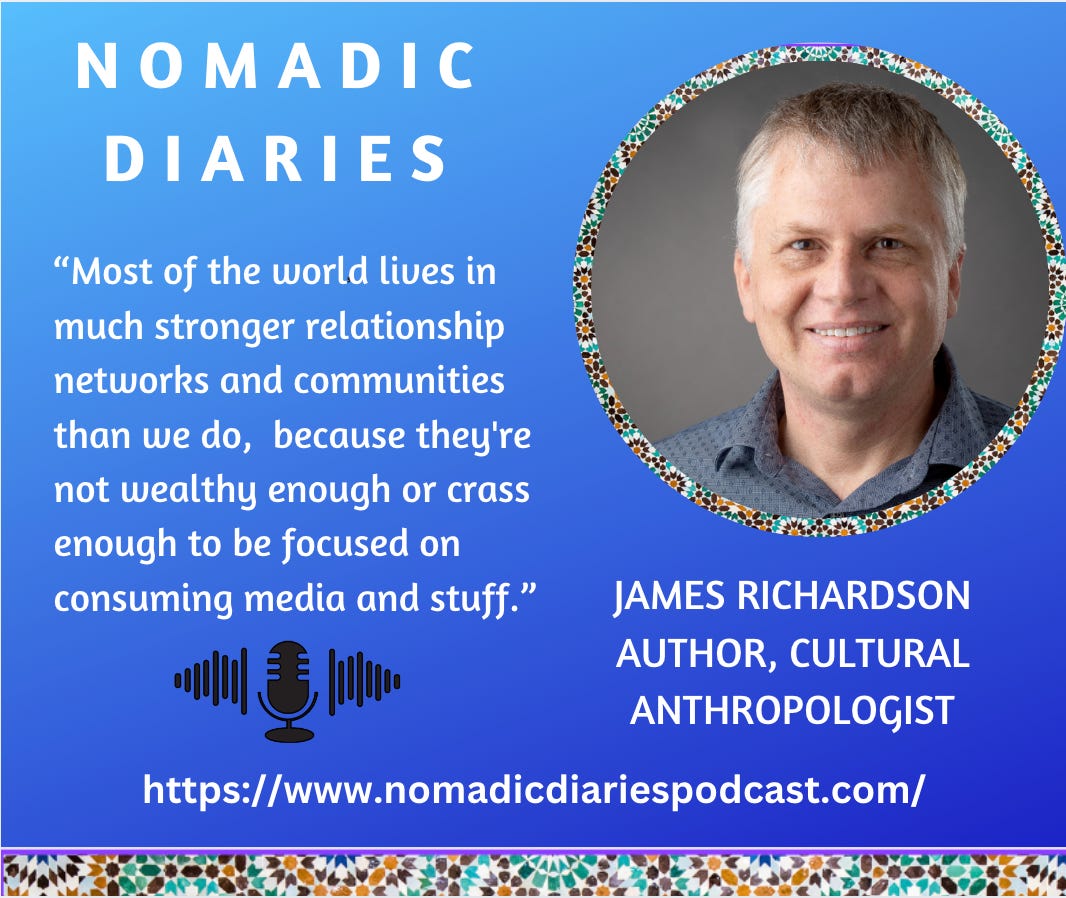I did not fight in the Trojan War before my return to America in 1999; that’s true.
I did not return from abroad to reclaim my beautiful wife, Penelope, constantly besieged by aggressive suitors after my twenty-year absence.
I also did not return in disguise to establish the loyalty of my wife and son. What?!
Odysseus was from an honor-based warrior socie…
Keep reading with a 7-day free trial
Subscribe to Homo Imaginari to keep reading this post and get 7 days of free access to the full post archives.





